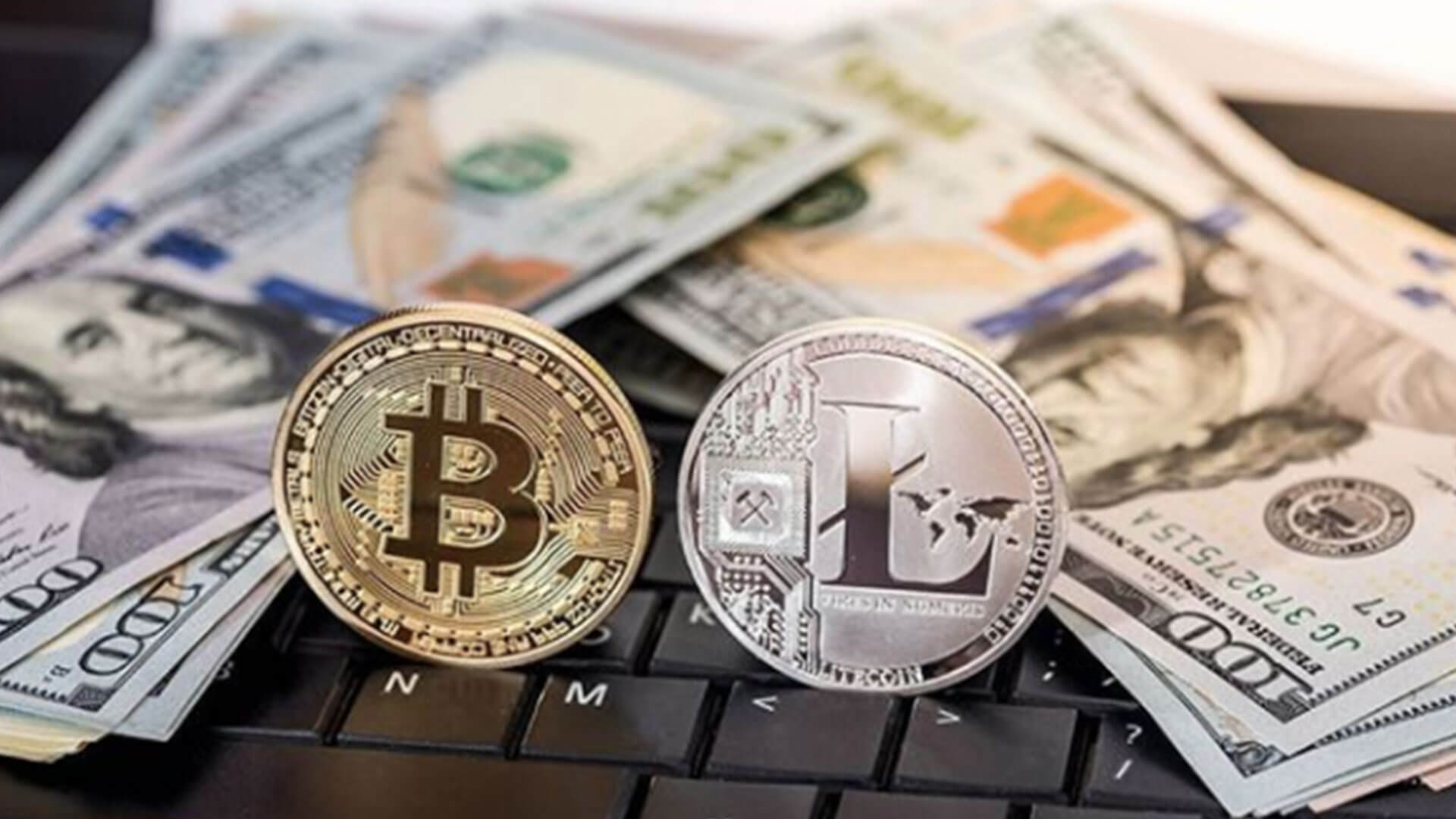
China in 2017 was a hotspot for cryptocurrency trading and investment. As technologies have matured and regulators have stepped in, however, China has tumbled from being a leader of digital currencies.
Chinese government plans indicate that any form of centralized trading platform is about to be put under intense scrutiny. Residents will be blocked from accessing domestic and foreign methods that allow for cryptocurrency to be traded in any central location. There is no indication how Chinese authorities plan to restrict access to decentralized currencies.
One upcoming improvement to protocols related to blockchains that could make trade regulation extremely difficult is the introduction of atomic swapping. An atomic swap is a direct conversion between two currencies or crypto tokens without the need for a third-party. A piece of shared blockchain is modified to switch out one coin for another, effectively making trades possible without a peer to fill a buy order.

Trading currencies between peers is relatively easy and fast. It can take just a few seconds to transfer newer and more efficient coins. Although Bitcoin is most well-known, the blockchain it runs on has grown to tremendous size and its network has not scaled to remain a cheap and quick way to transfer value. It currently can cost upwards of $5 to send a small Bitcoin transaction within minutes instead of the seconds it would take using Litecoin, Ethereum or any other coin with a less congested network.
Even though it may be considered illegal for Chinese citizens to engage in cryptocurrency exchanges, individual peer-to-peer transactions will not be a primary target for regulators. Given the somewhat anonymous nature of cryptocurrencies, it is unclear whether it would even be possible for regulators to go after individuals for small transactions. Monero is a cryptocurrency that is designed specifically to prevent regulators or anyone else from tracking the flow of value.
For now, China remains popular for large farms of Bitcoin mining equipment. Should regulators somehow make it difficult to transfer Bitcoin in and out of the country, rest assured that miners will find a way to get their hardware out of the country and resume businesses elsewhere.
https://www.techspot.com/news/72753-china-block-centralized-trading-cryptocurrency.html